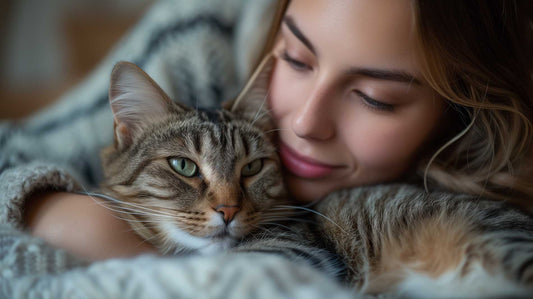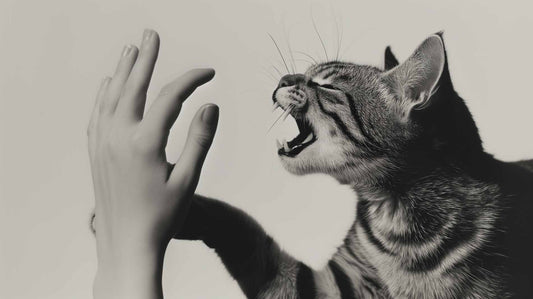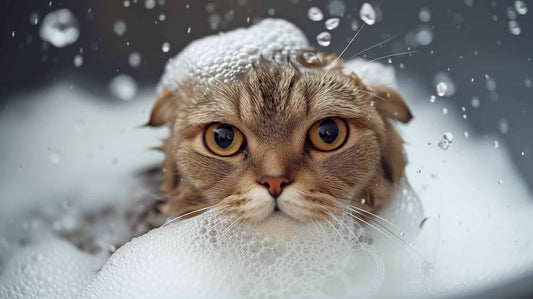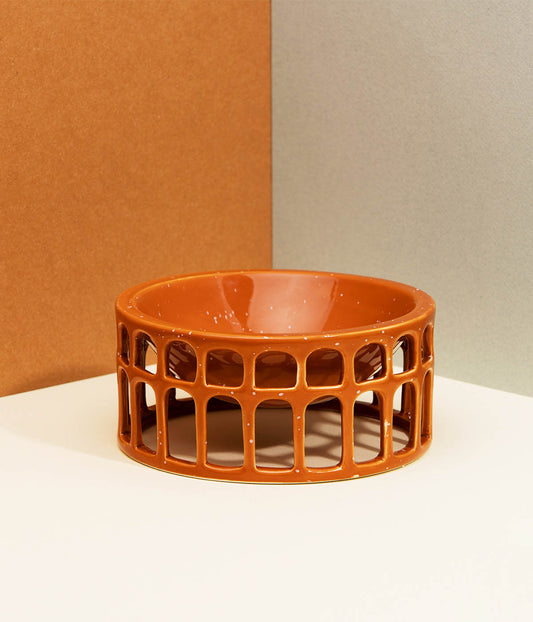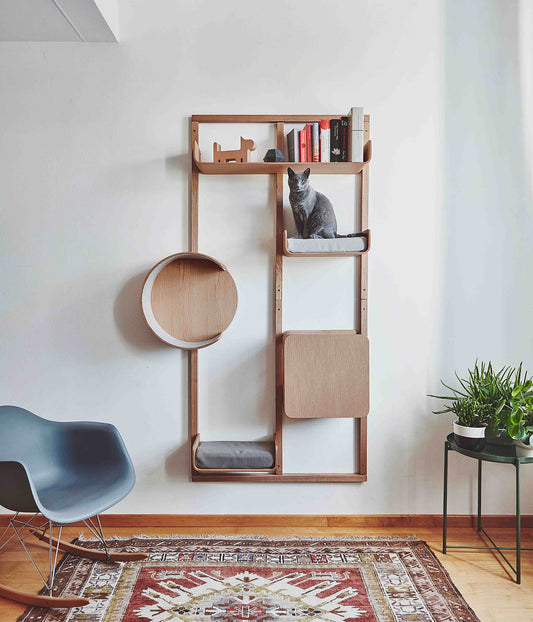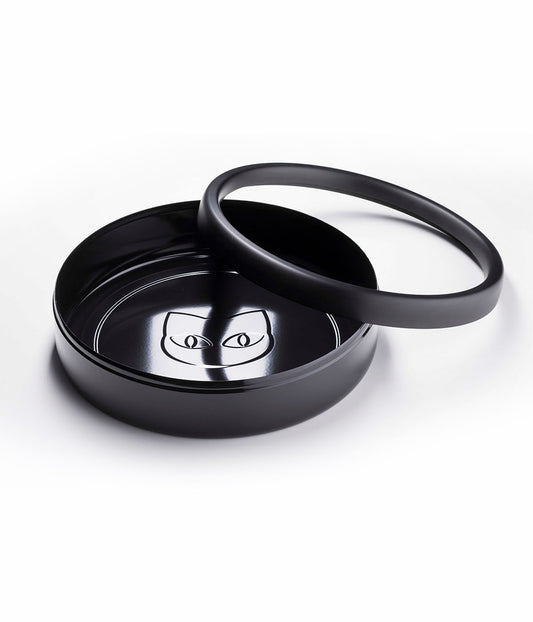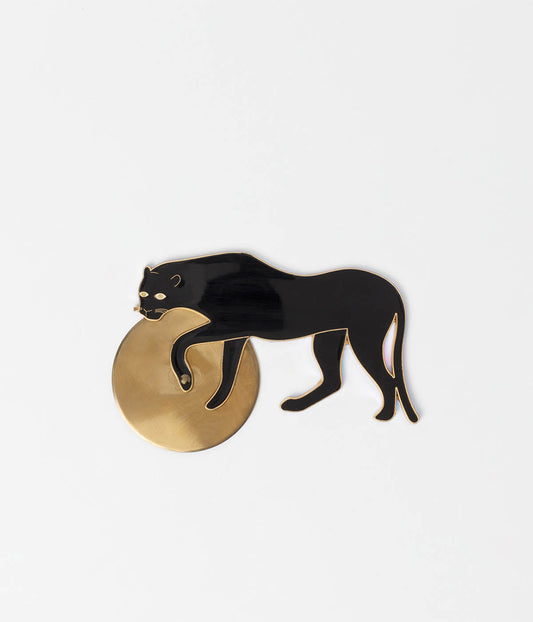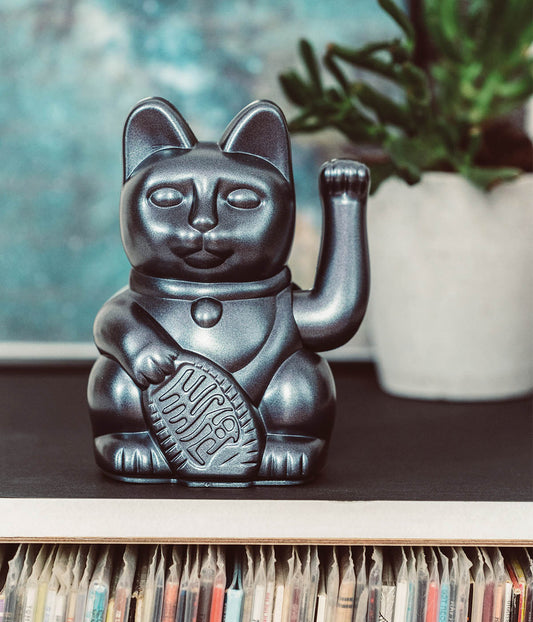
The Important Factors in Choosing a Litter Box
Marie DuchessIt is important to provide your furry friend with a comfortable and clean litter box. But with so many options available on the market, how do you choose the right one? In this blog post, we will discuss the important factors to consider when selecting a litter box for your cat.
1. Size
One of the first things to consider is the size of the litter box. It should be large enough for your cat to comfortably move around and dig. Cats prefer a spacious litter box, so make sure to choose one that is appropriate for your cat's size.
2. Type of Litter
There are various types of litter available, such as clay, clumping, and silica gel. Each type has its own advantages and disadvantages. Clay litter is affordable but needs to be changed frequently. Clumping litter is convenient as it forms clumps that can be easily scooped out. Silica gel litter is low-dust and has excellent odor control. Consider your cat's preferences and your own cleaning routine when choosing the type of litter.
3. Odor Control
Speaking of odor control, it is an important factor to consider when selecting a litter box. Look for litter boxes that have built-in odor control features, such as carbon filters or antimicrobial coatings. These features help to minimize unpleasant smells and keep your home smelling fresh.
4. Easy to Clean
Cleaning the litter box is not the most pleasant task, but it is necessary for your cat's health and hygiene. Choose a litter box that is easy to clean, with smooth surfaces and removable parts. Some litter boxes even come with self-cleaning mechanisms, making the task even easier.
5. Entry and Exit
Consider your cat's age and mobility when choosing a litter box. If you have a kitten or an older cat, a litter box with low sides or a ramp may be more suitable. Cats with arthritis or other mobility issues may find it difficult to climb into a high-sided litter box.
6. Number of Cats
If you have multiple cats, it is important to provide each cat with their own litter box. The general rule is to have one litter box per cat, plus an extra one. This helps to prevent territorial disputes and ensures that each cat has access to a clean litter box.
7. Location
Think about where you will place the litter box in your home. Cats prefer a quiet and private location, away from their food and water bowls. Consider placing the litter box in a low-traffic area where your cat can have some privacy.
8. Covered or Uncovered
Some cats prefer a covered litter box for added privacy, while others prefer an uncovered one. Observe your cat's behavior and preferences to determine which option is best for them. Keep in mind that covered litter boxes may trap odors more than uncovered ones.
You can choose a litter box that meets both your cat's needs and your own preferences. Remember, a comfortable and clean litter box is essential for your cat's health and well-being.

